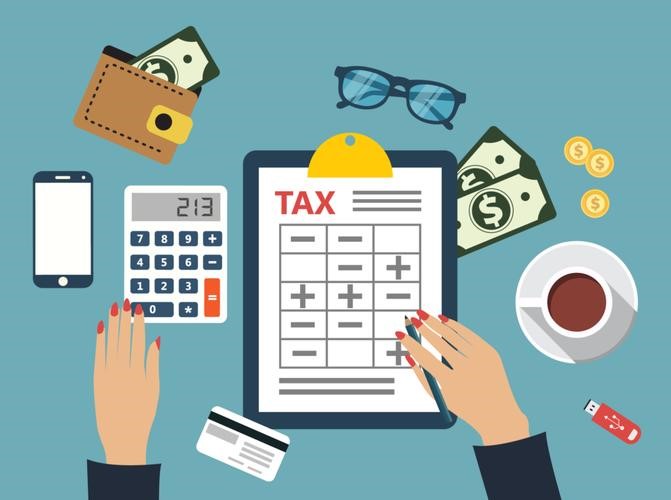
As a concrete contractor in the United Kingdom, it is essential to be aware of the Value Added Tax (VAT) implications when purchasing machinery equipment. This article aims to provide an overview of the key VAT considerations for UK concrete contractors when buying machinery equipment to ensure compliance with tax regulations and avoid potential financial pitfalls.
1. Standard VAT Rates
In the UK, the standard VAT rate is currently 20%. This means that when purchasing machinery equipment, concrete contractors should expect to pay an additional 20% on top of the purchase price, unless the transaction falls under a reduced or zero rate.
2. Reduced and Zero VAT Rates
Some machinery equipment may qualify for reduced or zero VAT rates. No matter large machine or small machines. Even if you buy a concrete power screed, consider these issues. For example, certain energy-saving equipment and machinery used for specific purposes, such as agriculture or forestry, may be eligible for reduced or zero VAT rates. It is crucial for concrete contractors to consult the HM Revenue and Customs (HMRC) website or seek professional advice to determine if the machinery equipment they intend to purchase qualifies for a reduced or zero rate.
3. VAT Registration
Concrete contractors with a taxable turnover exceeding the VAT registration threshold (£85,000 as of 2021) must register for VAT. Once registered, contractors can charge VAT on their services and claim back VAT on eligible purchases, including machinery equipment.
4. VAT on Imported Machinery Equipment
If purchasing machinery equipment from outside the UK, concrete contractors must consider the import VAT. Import VAT is charged at the same rate as if the goods were supplied within the UK. However, the process of paying import VAT may differ depending on whether the equipment is imported from within or outside the European Union (EU). It is essential to consult the HMRC website or seek professional advice to ensure compliance with import VAT regulations.
5. VAT Recovery
Registered concrete contractors can recover VAT paid on concrete machinery equipment purchases as input tax. To claim back VAT, contractors must keep proper records, including VAT invoices, and submit VAT returns to HMRC. It is important to note that VAT can only be recovered on purchases used for taxable business activities.
6. Capital Goods Scheme (CGS)
The Capital Goods Scheme (CGS) applies to contractors who purchase machinery equipment with a value of £50,000 or more (excluding VAT). Under CGS, contractors must track the usage of the equipment over a specified period and adjust the input tax claimed accordingly. This ensures that the correct amount of VAT is recovered based on the proportion of taxable use.
In conclusion, understanding the VAT implications when purchasing machinery equipment is crucial for UK concrete contractors. Contractors should be aware of the standard VAT rates, potential reduced or zero rates, VAT registration requirements, import VAT, VAT recovery, and the Capital Goods Scheme. By staying informed and compliant with VAT regulations, concrete contractors can avoid potential financial pitfalls and ensure the smooth operation of their business.
